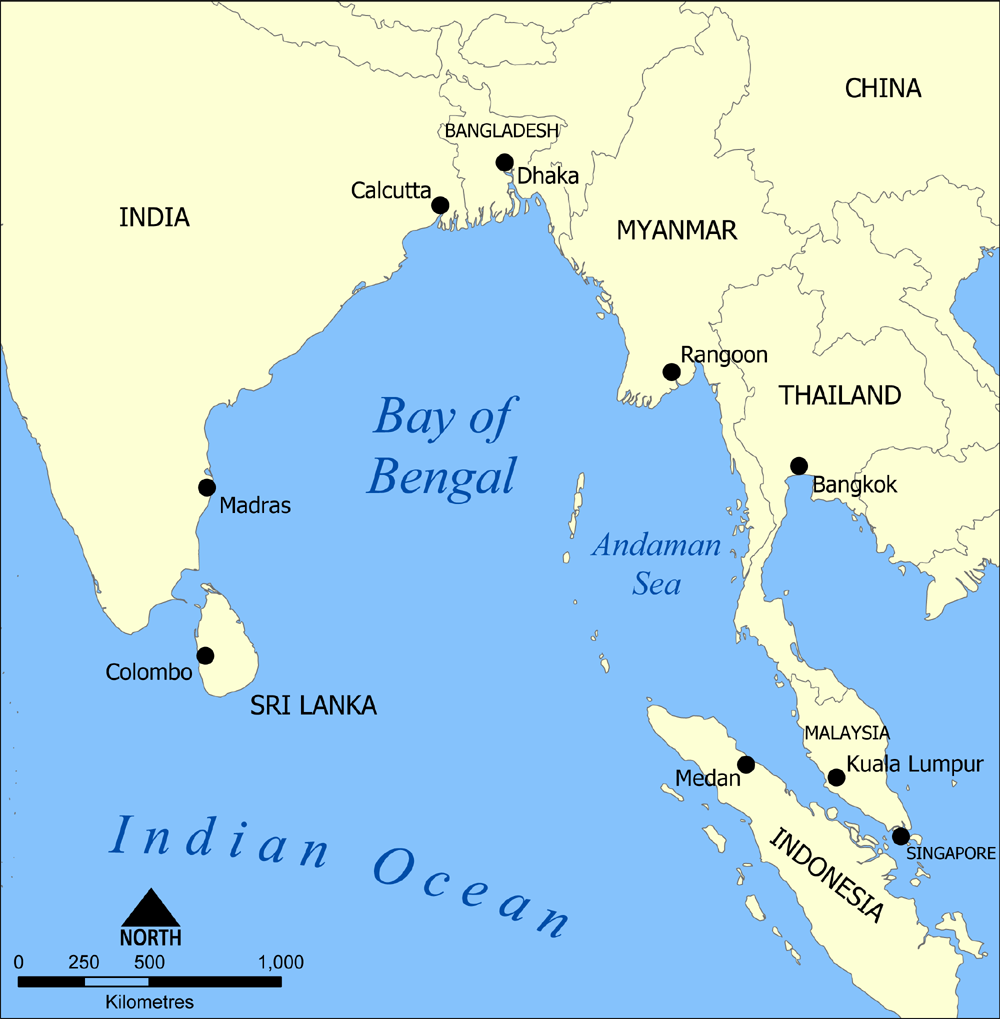
The Bay of Bengal region – comprising India, Nepal, Bhutan, Bangladesh, Sri Lanka, Myanmar, and Thailand – has been recognised as one of the most climate vulnerable regions in the world. This has significant implications for the security of the 1.7 billion people living in the region. Their interconnectedness further amplifies shared climate vulnerabilities, demanding coordinated cross-border engagement. Over the past decade, India has initiated several cooperative initiatives for climate resilience. However, the policy focus has often been limited to regional platforms with limited knowledge of India’s initiatives through alternate channels. This policy brief aims to bridge this gap by mapping and analysing India’s engagement across different institutional mechanisms, including bilateral, triangular, regional, and multilateral, to foster climate resilience in the region.
The policy brief focuses on regional cooperation mechanisms, including the Bay of Bengal Initiative for Multi-Sectoral Technical and Economic Cooperation (BIMSTEC) and the Bay of Bengal Large Marine Ecosystem Project (BOBLME). It also highlights India’s engagement through multilateral initiatives spearheaded by India such as the Coalition for Disaster Resilient Infrastructure (CDRI) and the International Solar Alliance (ISA). Finally, the policy brief outlines opportunities and actionable pathways for India to enhance its engagement with climate resilience, prioritising human security through multi-level partnerships in the Bay of Bengal region.
Key policy recommendations include:
- Establish Binding Agreements: India should formalize bilateral climate initiatives with clear milestones, accountability mechanisms, and enforceable commitments to ensure long-term impact.
- Enhance Regional Financing Mechanisms: Leveraging global climate funds and pooled regional resources can provide sustainable financing for climate adaptation projects.
- Standardize Climate Resilience Norms: Establishing shared regulatory frameworks across BoB countries can ensure consistency in infrastructure resilience and disaster management efforts.
India's leadership in the BoB region presents a unique opportunity to strengthen climate resilience through strategic cooperation. Addressing cross-border climate vulnerabilities, integrating regional strategies, and enhancing financial commitments will solidify India’s role as a key climate leader in the Global South. Effective institutional cooperation can not only mitigate climate risks but also foster regional stability and economic security.
Read the Policy Brief using the link here.
This policy brief is published by the Clingendael Institute in collaboration with the Institute of Peace and Conflict Studies and is written by Dr. Pooja Ramamurthi and Riya Sinha.



